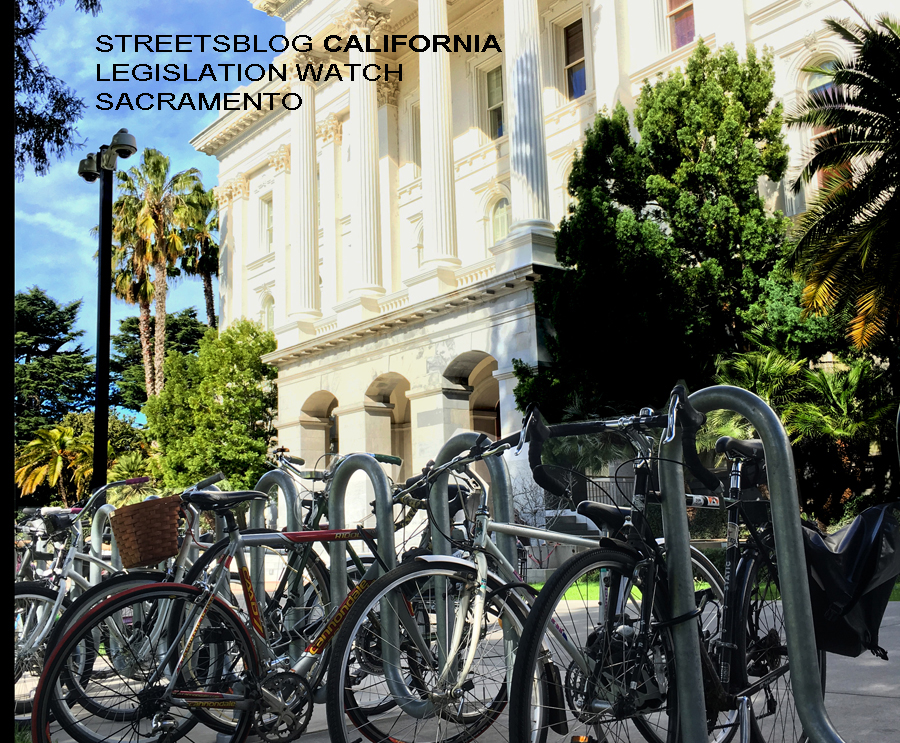Note: GJEL Accident Attorneys regularly sponsors coverage on Streetsblog San Francisco and Streetsblog California. Unless noted in the story, GJEL Accident Attorneys is not consulted for the content or editorial direction of the sponsored content.
It's down to the wire. Governor Gavin Newsom has until midnight Friday to work through the pile of bills on his desk. Recently he signed a slew of bills on housing, giving cause for celebration to housing advocates, who note a steady shift in the way housing will be planned and built in California.
Vetoed
Governor Newsom also refused to sign several bills. One of these was held over from last year: A.B. 117 from Assemblymember Tasha Boerner Horvath (D-Encinitas). This bill would have made the e-bike incentive program permanent and eligible for ongoing funding, similar to several programs for electric cars. Last year's state budget set aside $10 million to create the e-bike incentive program - which is still being formulated - but vetoing this bill threatens to make it a one-time-only opportunity for a few people. Like other bills he has rejected, Newsom uses the budget as an excuse to reject this program [PDF] - even though it currently has money and is currently under development.
Newsom also vetoed S.B. 457, from Senator Anthony Portantino (D-La Cañada Flintridge), who was looking for a way to reward people for not owning a car. Portantino wanted to create a personal income tax credit of $1,000 for households that own fewer than one car per adult. According to his veto statement [PDF], Newsom rejected the bill because it would cost the state "nearly one billion dollars." Consistent with other recent vetoes, he writes that "bills with a significant fiscal impact, such as this measure, should be considered and accounted for as part of the annual budget process."
Another of Portantino's bills was also rejected: S.B. 1136 would have required public agencies to perform a CEQA review of any "reasonably foreseeable methods" that might be used to meet required reductions in greenhouse gas emissions or other pollution. It would also impose labor requirements on work done to meet those required reductions. Senator Portantino says the bill was meant to streamline CEQA processes by having the state agency perform analysis on new technologies and thus eliminate potentially duplicate analyses.
Again, Newsom objected to the costs involved [PDF].
Signed
Governor Newsom did, however, sign another key bill from Senator Portantino: S.B. 932, which requires cities and counties to incorporate a Safe Systems Approach into their General Plans. It also requires them "to develop bicycle plans, pedestrian plans, and traffic calming plans based on the policies and goals in the circulation element that, among other things, sets goals for initiation and completion of all actions identified in the plans within 25 years of the date of adoption of the modified circulation element, as specified."
To give it some teeth - since General Plans are notoriously slow to be updated - the new law also requires them "to begin implementation of the plan within two years of the date of adoption of the plan, to regularly review its progress towards completing implementation of the modified circulation element, and to consider revising the circulation element if it determines it will not reach the goals of the bicycle, pedestrian, or traffic calming plans within 25 years of the date of adoption of the modified circulation element."
Stay tuned for more legislative updates as they dribble out of the Governor's office.






